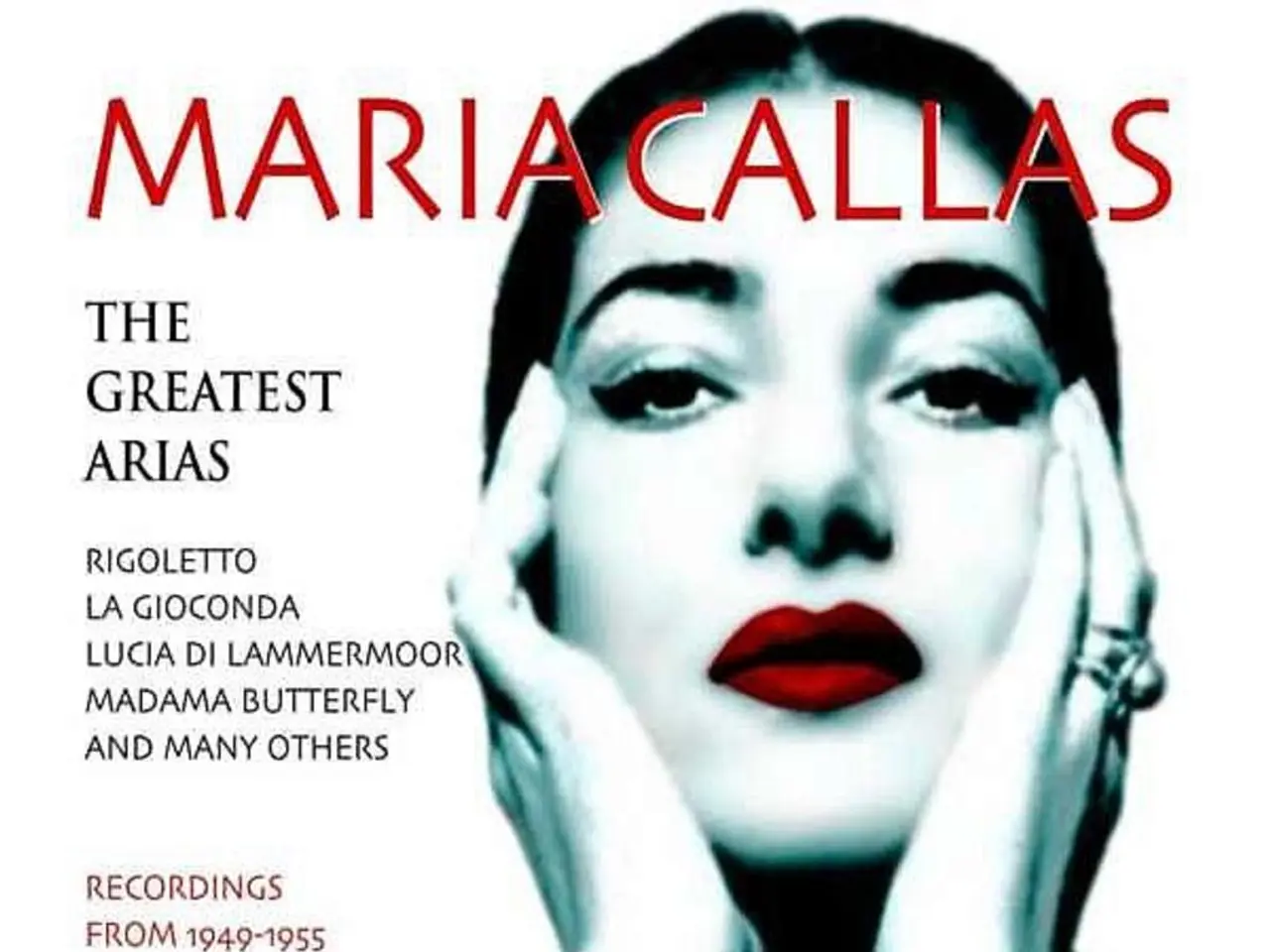Medieval Mystery Novel Written by Umberto Eco
Umberto Eco's renowned novel, "The Name of the Rose," masterfully blends historical fiction, cryptography, and philosophical explorations to create a timeless masterpiece. Set in a Benedictine abbey in northern Italy in 1327, the novel immerses readers in the rich atmosphere of the 14th century, complete with historical details and tensions between religious orders and the Inquisition.
The story revolves around a series of mysterious deaths, with cryptic clues and puzzles that the protagonist, William of Baskerville, a logical and analytical thinker, must decipher to uncover the truth. Eco's use of symbolism and coded messages adds a layer of suspense and intellectual challenge to the narrative.
"The Name of the Rose" explores complex themes such as the struggle between faith and reason, the abuse of power within religious institutions, and the tension between empirical evidence and religious doctrine. Eco critiques the dangers of unchecked power and the importance of critical thinking through the plot, making the novel a profound exploration of human history, philosophy, and the human condition.
The novel's characters, including William of Baskerville, Adso of Melk, Bernardo Gui, Malachi of Hildesheim, and Jorge of Burgos, are intricately developed, with William serving as a Sherlock Holmes-like figure within a medieval context.
Eco's deep research into historical periods, literature, and philosophy infuses the narrative with authenticity and depth, making "The Name of the Rose" a rich tapestry of historical fiction, mystery, and philosophical critique. The title itself, "The Name of the Rose," is symbolic and open to interpretation, reflecting the novel's theme of hidden truths and the complexity of human understanding.
Adaptations of "The Name of the Rose" have faced challenges in portraying the novel's complex themes authentically on screen. The 1986 film adaptation starred Sean Connery and Christian Slater, while the 2019 miniseries aimed to delve into the historical context and philosophical underpinnings of the novel. Adaptations contribute to the legacy of Eco's work by introducing new audiences to the rich tapestry of historical fiction and cryptography woven throughout the novel.
"The Name of the Rose" stands as a testament to the power of literature to transcend time and genre, leaving an indelible mark on readers and scholars alike. Eco's use of symbolism and allegory adds layers of meaning, inviting readers to ponder deeper questions about human nature and societal structures. The legacy of "The Name of the Rose" by Umberto Eco is profound and enduring, cementing its status as a modern classic in the realm of historical fiction.
Books like "The Name of the Rose" by Umberto Eco offer intellectual entertainment, blending historical fiction, cryptography, and philosophical explorations, making them a thought-provoking addition to any reading list. This masterpiece immerses readers in the intricate world of medieval Europe, not only providing suspenseful entertainment but also prompting questions about the human condition, the struggles between faith and reason, and the importance of critical thinking.




